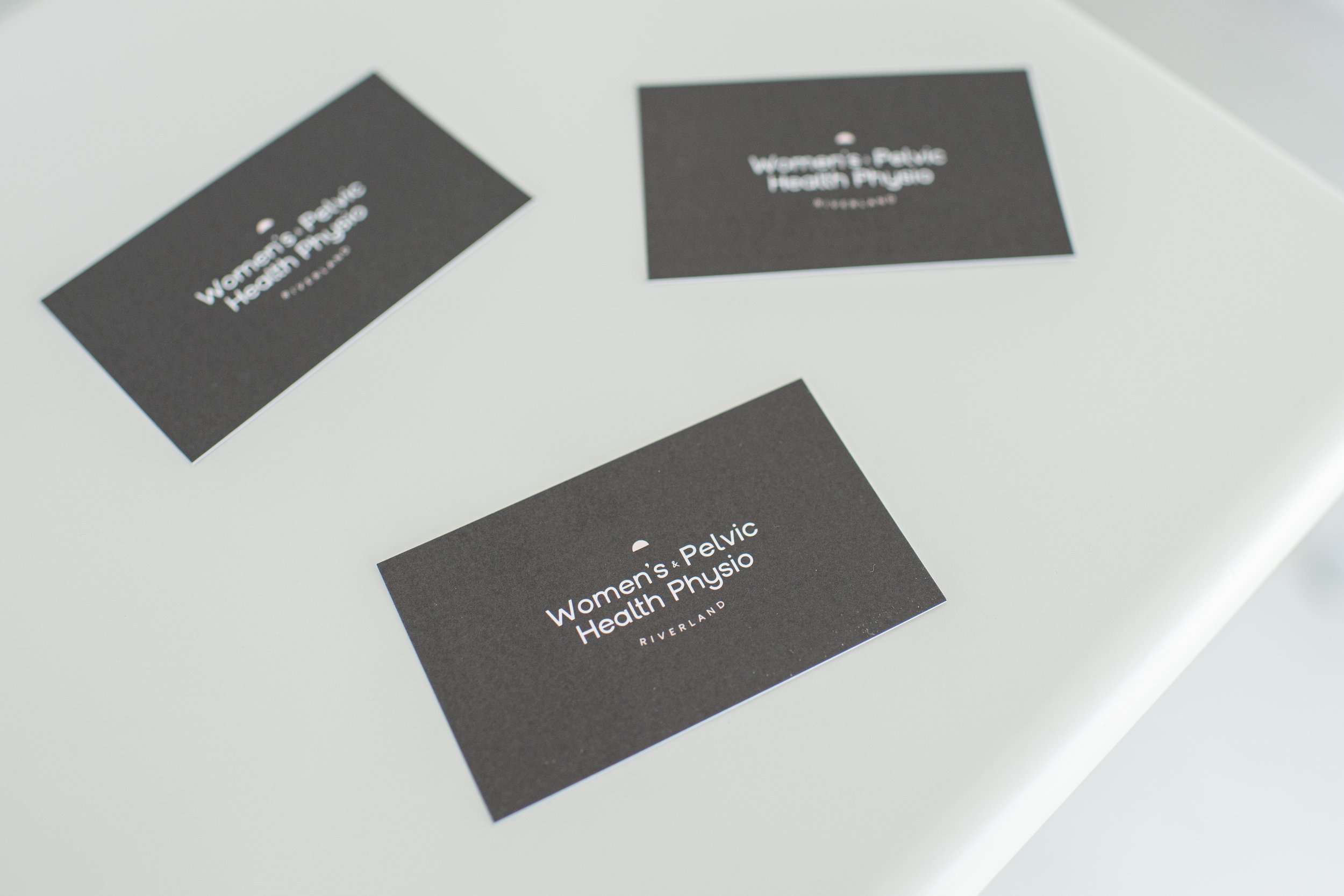women’s health
Urinary Incontinence
◗ Urinary incontinence is any involuntary loss of urine.
1 in 3 women experience urinary incontinence.
There are many different causes and types of urinary incontinence. Individualised assessment and management by a Women’s & Pelvic Health Physiotherapist is highly effective in 60-90% of cases.
Types of urinary incontinence include:
o Stress urinary incontinence (SUI)
o Overactive Bladder (OAB)
o Mixed Urinary Incontinence (MUI)
(a combination of SUI & OAB)
Stress Urinary Incontinence:
SUI is the involuntary loss of urine on effort or physical exertion. Stress urinary incontinence is extremely common, but it is NOT normal.
◗ SUI accounts for 40-60% of all urinary incontinence in women over the age of 55.
SUI occurs when the bladder pressure rises higher than the urethral pressure. This usually is a result of pelvic floor muscle weakness and or damage to the connective tissues supporting the bladder. SUI occurs when there is increased abdominal pressure and force down on the pelvic floor, with activities such as during sneezing, coughing, high impact exercise or intense laughter.
Risk factors include:
Obstetric history
High BMI >30
Constipation
Menopause
Gynae surgery
Chronic respiratory conditions
Low back/pelvic pain
Heavy Lifting
High intensity exercise
Management:
Pelvic floor muscle training
Lifestyle modifications
Bowel management
Pessary fitting
Electrotherapy /TENS

Physiotherapy is considered the first line of treatment for SUI with 70 – 90% of women reporting significant improvement in symptoms
Overactive Bladder (OAB)
OAB has been defined as urinary urgency, with or without urgency urinary incontinence (UUI), usually with increased daytime frequency and nocturia (in the absence of infection or other obvious pathology).
Symptoms:
Urgency
Frequency
Urge urinary incontinence
Fear of urinary leakage
Nocturia
Management:
Bladder diary
Bladder retraining and calming
Bladder education
Pelvic floor muscle training
Electrical stimulation and TENS
